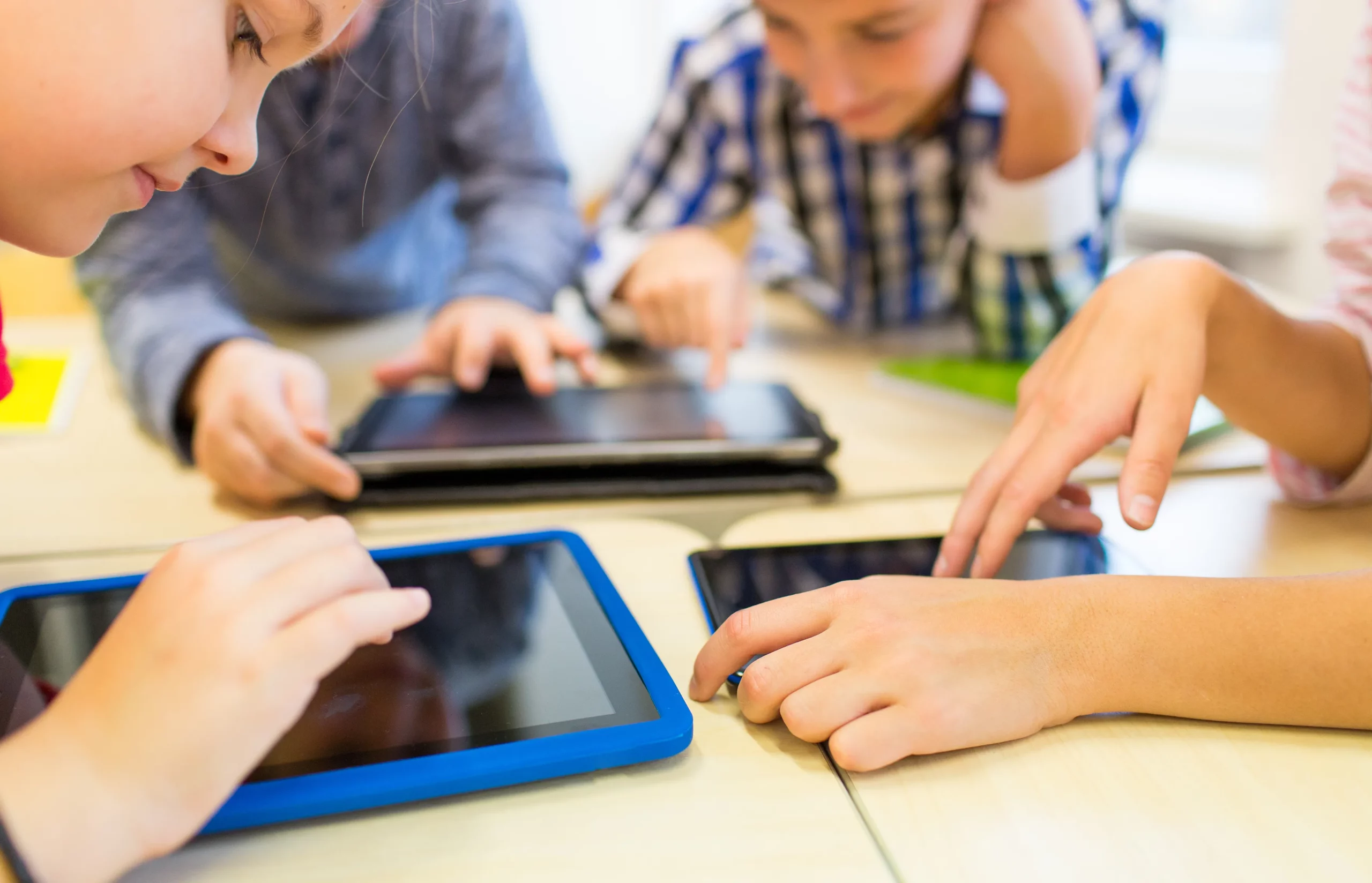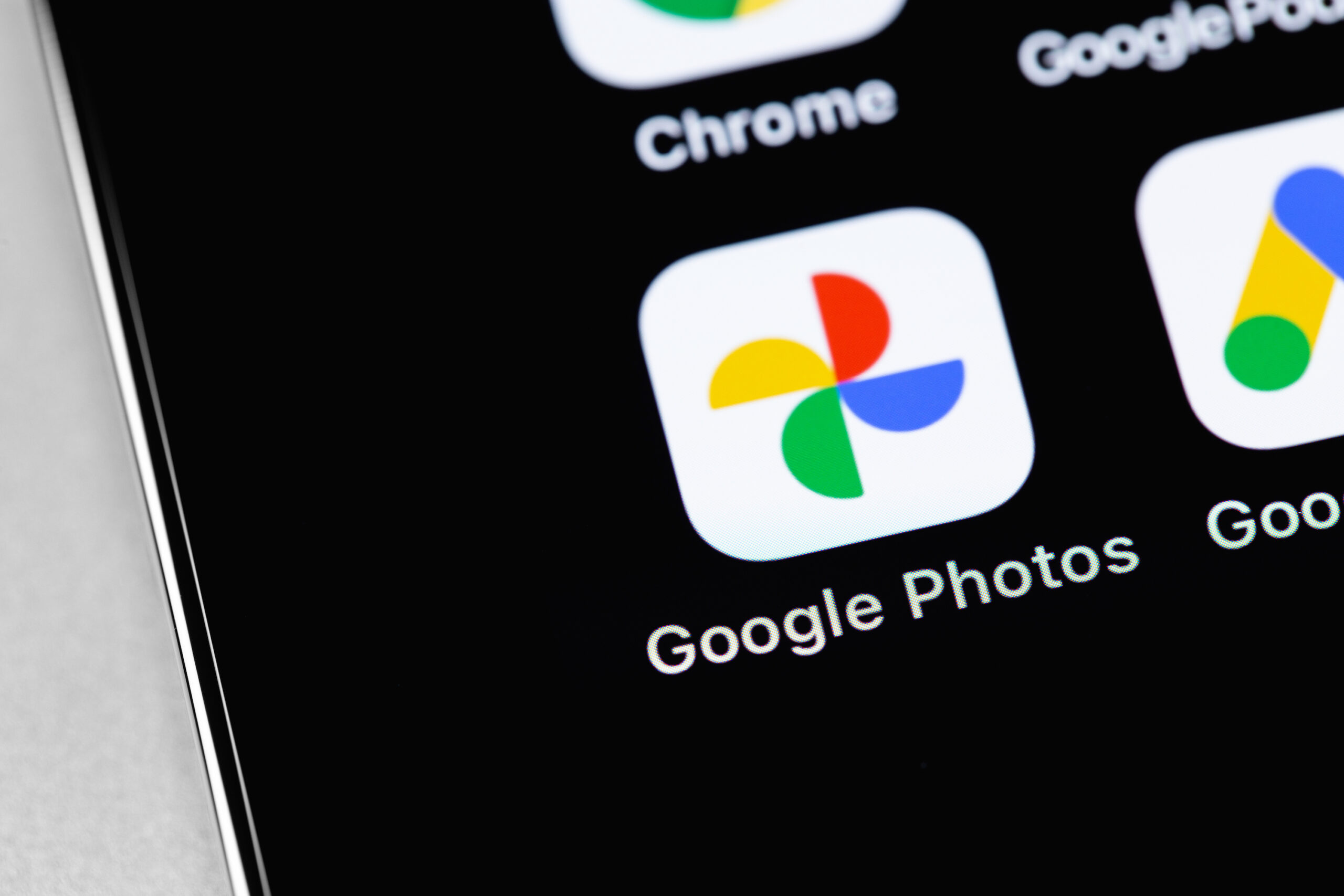Digital technology may provide developmental benefits for children under three, according to a study funded by the Economic and Social Research Council.
Researchers from Manchester Metropolitan University, in collaboration with Lancaster, Queen’s Belfast, Strathclyde, and Swansea universities, examined the effects of digital devices on children’s language skills and cognitive development. The two-year study, “Toddlers, Tech and Talk,” looked at how children aged 0-3 interact with technology, from smart speakers to video calls, in homes across the UK.
Researchers observed toddlers engaging with digital media through sensory activities, using touch, sight, sound, and movement. They found that these interactions often led to language development and enhanced cognitive skills. In particular, video calls offered unique learning opportunities in multilingual households, enabling toddlers to pick up words and phrases in different languages. This digital exchange also supported children in forming connections with relatives abroad, promoting cognitive flexibility and emotional bonds.
The study involved a survey of 1,400 parents and included 40 in-home case studies, as well as interviews with 20 education professionals. It revealed that many parents value tech for its educational potential, though they remain cautious about overuse. Activities such as watching TV together, singing along to songs, and using learning apps were highlighted as effective for enhancing vocabulary and language skills. For instance, some parents noted their children’s ability to learn new words from specific TV programs and songs, while others found value in shared screen time, which fostered stronger parent-child relationships.
Smart home devices also intrigued toddlers, with some children experimenting with gestures or trying to give commands to devices like Google Home. These interactions allowed toddlers to develop early digital literacy, even if their speech was still developing. Researchers noted that children learned to manipulate devices by tapping and observing, enhancing their motor skills and understanding of technology.
Study Calls for Better Privacy Measures
The report, however, emphasized the need for enhanced privacy protections for young children. Rosie Flewitt, professor of early childhood communication at Manchester Metropolitan University, commented that parents are keenly aware of the balance between the educational advantages of tech use and the potential risks of overuse. Flewitt highlighted that parents manage both the benefits and challenges of integrating tech into their children’s lives.
With insights from this study, researchers hope to guide future policy and practices in digital parenting, aiming for balanced and mindful use of tech that supports healthy childhood development.











